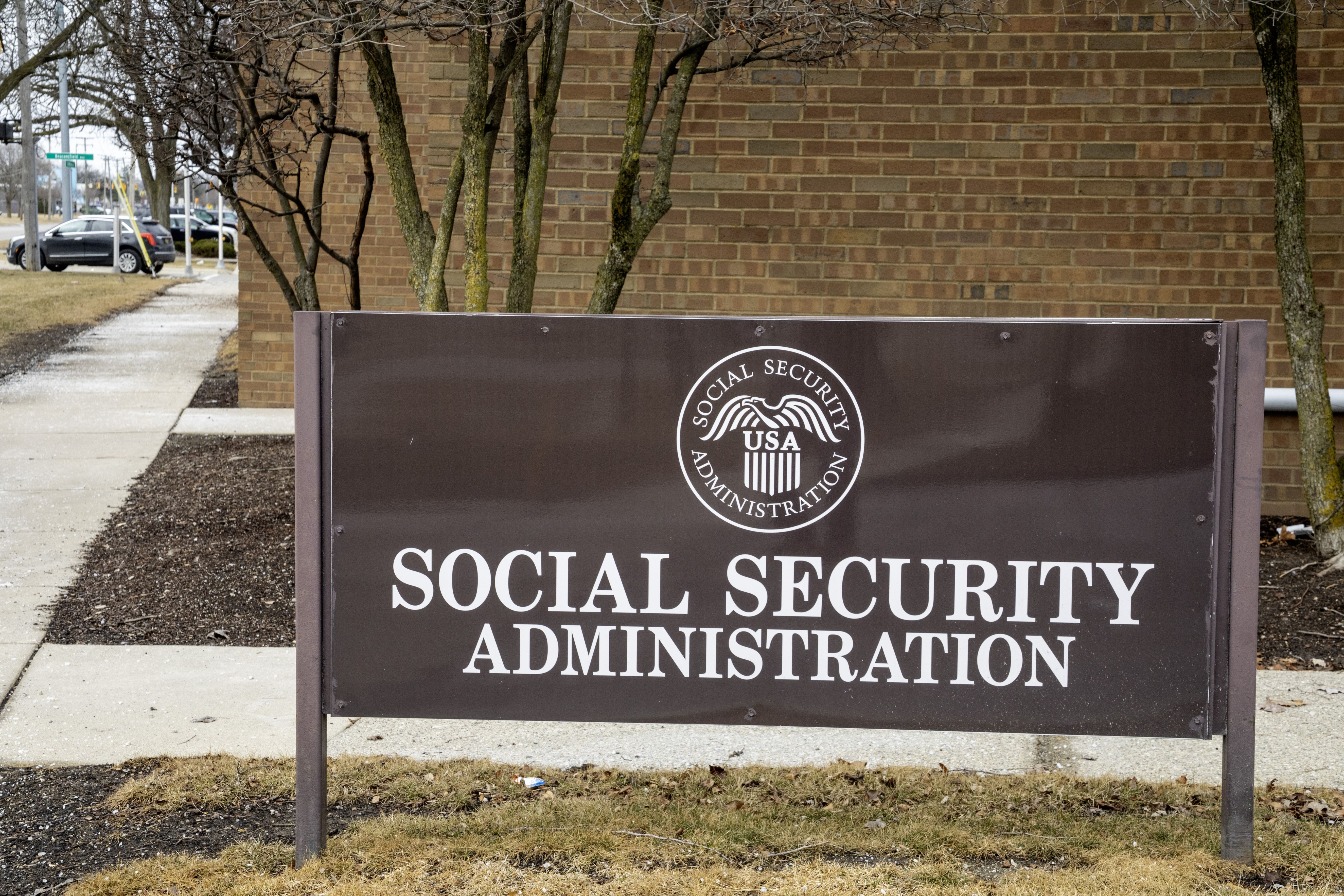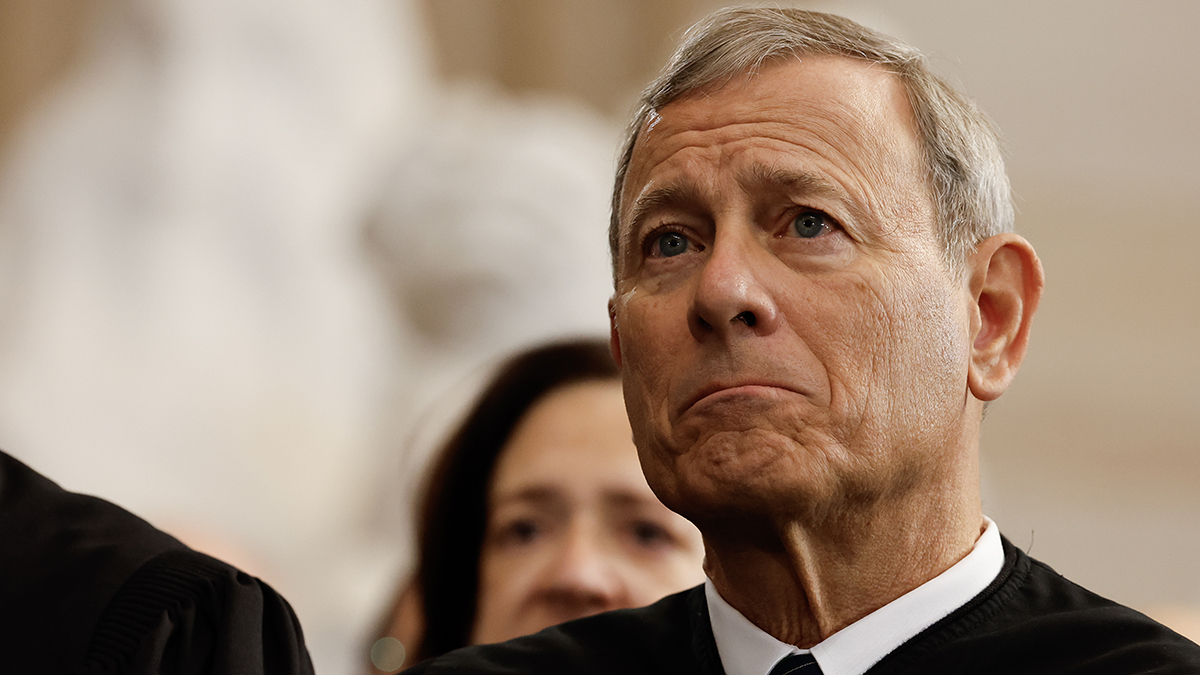What to Know
- Puerto Rico is now allowing transgender people on the island to correct their birth certificates to reflect their gender identity
- Lambda Legal won a federal lawsuit on behalf of three transgender Puerto Ricans, including teenager Daniela Arroyo-González
- "It will open doors and make our community visible with dignity,” Arroyo-González said of the policy change
After a 15-year legal battle, Puerto Rico's government is now allowing transgender people on the island to correct their birth certificate to reflect their gender identity.
The change affecting the U.S. territory came into effect on July 16, three months after Lambda Legal brought a federal lawsuit, Arroyo v. Rosselló, on behalf of three transgender Puerto Ricans: teenager Daniela Arroyo-González, Victoria Rodríguez and a transgender man identified as J.G, and the NGO Puerto Rico Para Tod@s.
“This fight began a long time ago and we have finally succeeded,” Omar González Pagan, an attorney for Lambda Legal, told NBC.
In 2005, Alexis Delgado Hernández, a transgender woman, first filed a suit to have her gender modified on her birth certificate and driver’s license, he said. Her request was denied on the grounds that there would have to be a change in Puerto Rican legislation.
Lambda Legal argued in its suit before the U.S. District Court for the District of Puerto Rico that the legal decision had no rational justification in law or practice.
“Years ago Puerto Rico did not have the political capacity for this change. It was one of the jurisdictions that prohibited the change,” said González Pagan. “The State finally recognizes the identity of transgender people born in Puerto Rico which is a vital step against the discrimination of this community. They are finally respecting their identity and dignity.”
U.S. & World
There are still three states in the U.S. that do not allow the modification: Kansas, Ohio and Tennessee. Across the country, the policies for changing gender markers vary, according to the Transgender Law Center. Some states require a doctor's letter, others a court order and in some cases a surgical requirement as well.
Puerto Rico will now require either a passport or driver's license with the person's true gender identity (both forms of identification can already be obtained to reflect a person’s gender identity) or a certificate from a health professional.
Judge Carmen Consuelo Cerezo, who signed Puerto Rico's order, said: “The right to identify our own existence lies at the heart of one’s humanity. And so, we must heed their voices: 'the woman that I am,' 'the man that I am.'"
She said the historic change would give a voice to a community greatly harmed by discrimination, adding, “They cannot wait for another generation, hoping for a lawmaker to act.”
Daniela Arroyo-González, a public relations student and one of the plaintiffs in the federal case, has become a spokeswoman for her community. Now 19, she was contacted as a high school senior by Victoria Rodríguez, also a plaintiff, and González Pagan to put her name on the case.
“I felt great responsibility to be a part of this case,” said Arroyo-González in an interview conducted in Spanish. “Transgender people, especially women, tend to fall into a stereotype which usually portrays us involved in sex work or pinpoints ways in which we are discriminated. The media needs to report our needs. We need to bring visibility and talk about transgender students, transgender children, our families. This way we will bring more inclusive policies.”
Arroyo-González said that growing up she often faced discrimination at school. “Teachers refused to call me by my female name,” she said “I wasn’t allowed to use the girl’s bathroom, and it was hard for me to find the right medical treatment for my transition…it was very painful.”
She began her transition at 14 with the help of a professor in San Juan who directed her to a doctor. Although it was difficult for her family at first, Arroyo- González said that she had their full support through her transition.
“In that sense I’m very privileged,” she said. “Most people in my community do not have that kind of support which makes this policy all the more urgent. Puerto Rico is now a more free and inclusive country, one that brings hope to future generations who will not have to deal with these complications. It will open doors and make our community visible with dignity.”
Although the advocates called the win an historic one for Puerto Rico, journalist, scholar and lawyer Manuel Clavell Carrasquillo said that there is still plenty to be done for gender inclusive policies.
"To categorize and think in terms of male and female is unprecise and does not fully resolve the problem. Gender non-conforming people, for example, are still not protected by this decision," he said.



